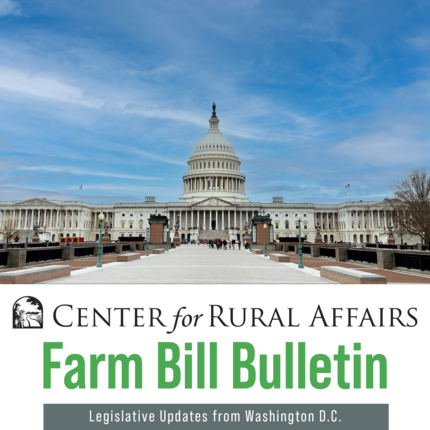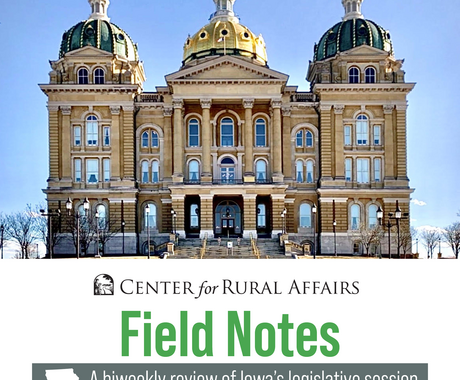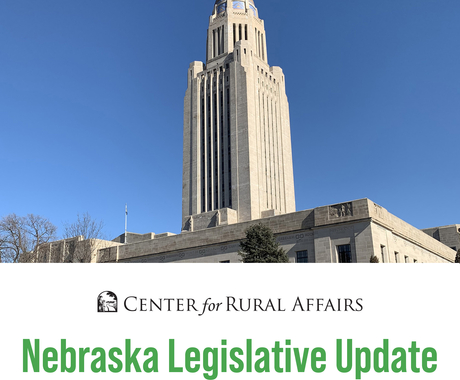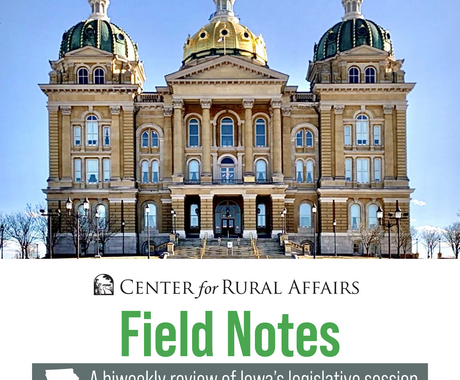This blog is part of our “Farm Bill Bulletin” series, which provides intermittent updates on the development and status of our nation’s next farm bill.
Farm bill negotiations that began in 2023 are now on Congress’ to-do list for 2024, and an unclear path toward passage remains. However, even as lawmakers will be required to divide their attention among a number of issues in the coming months, the Center will continue to focus on advocacy for its farm bill priorities—specifically, protecting conservation program funding.
The U.S. Department of Agriculture’s flagship working lands programs—the Conservation Stewardship Program (CSP) and the Environmental Quality Incentives Program (EQIP)—benefit producers through financial and technical assistance to implement conservation practices on their farms and ranches. For many, these programs provide an important gateway to production methods that improve soil health and water quality, among other benefits to natural resources. Both programs have been chronically underfunded and oversubscribed, making a case for Congress to increase support for producers interested in enrolling.
In 2022, Congress passed the Inflation Reduction Act (IRA), which included historic investments in CSP and EQIP. Specifically, the legislation provided $3.25 billion for CSP and $8.45 billion for EQIP through 2026. This funding is in addition to farm bill dollars already allocated to these programs each year.
To date, there has been no issue finding producers to benefit from the increased funding. In Nebraska and Iowa, for example, 100% of program funding—both IRA and farm bill dollars—for 2023 was distributed to enhance conservation across each state. Money from the IRA distributed in 2023, and now in 2024, is making CSP and EQIP available to more producers to implement practices that are good for their operations and rural communities.
It is essential that our elected officials in Washington, D.C., have a clear understanding of how important conservation programs are to producers. Not only are practices such as no-till, nutrient management, and prescribed grazing good for natural resources, they help producers build operations that are resilient to a changing climate and viable for future generations. Therefore, the historic funding allocated to these programs must remain available for its intended use.
If you would like to contact your U.S. representative or senators to express support for conservation funding, please email kaleeo@cfra.org. You can find contact information for your members of Congress here.





